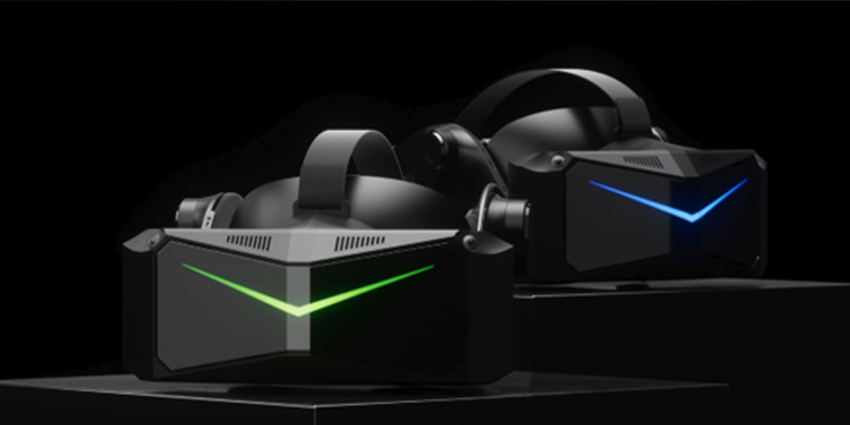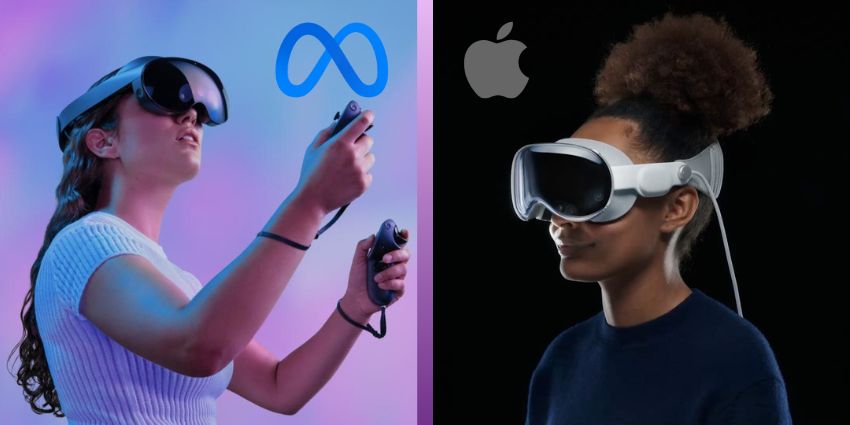In an internal memo released to staff this week, Tiktok parent company ByteDance Ltd announced its chairman would step down amid a major company restructure to reach the firm’s long-term goals towards virtual reality (VR) and content creation, the Financial Times reported on Thursday.
Bytedance announced it would split into six businesses to manage parts of its new business structure, including VR headset manufacturers Pico Interactive, enterprise communication developers Lark, and video sharing platform Xigua.
Zhang Yiming stepped down as chief executive in May, and the co-founder resigned on Thursday as chairman due to the restructuring, with Co-Founder Liang Rubo taking over.
The reports come after Bytedance announced it will be relocate its headquarters to Hong Kong by 2022.
Implications for Pico Interactive
The news comes after ByteDance entered talks to acquire Chinese VR headset manufacturer Pico Interactive earlier this year, allowing the tech firm to enter the VR space for the first time and follow in the footsteps of Facebook’s 2018 acquisition of Oculus.
Rumours suggest ByteDance purchased the leading Chinese VR firm for roughly $775 million USD and in a statement to CNBC, the company explained, stating,
“[Pico’s] comprehensive suite of software and hardware technologies, as well as the talent and deep expertise of the team, will support both our entry to the VR space and long-term investment in this emerging field”
To support interactive application development on its platforms, Bytedance also purchased mobile application developer Moonton for approximately $4 billion USD.
ByteDance’s restructuring will assist the firm’s expansion into VR and potentially rally competition against Meta to become market leaders for social VR experiences. The acquisition will also present further competition to local Asia-Pacific VR vendors Chinese headset makers DPVR.







